‘K’ is for Kind: Thoughts on the Sesame Street Survey
In 2016, Sesame Workshop (the makers of Sesame Street) conducted a national survey in the United States, quizzing parents and teachers about the concept of kindness. They were exploring something that we’ve probably all thought about at one time or another: If kindness is something society values, how come there seems to be so little of it around?
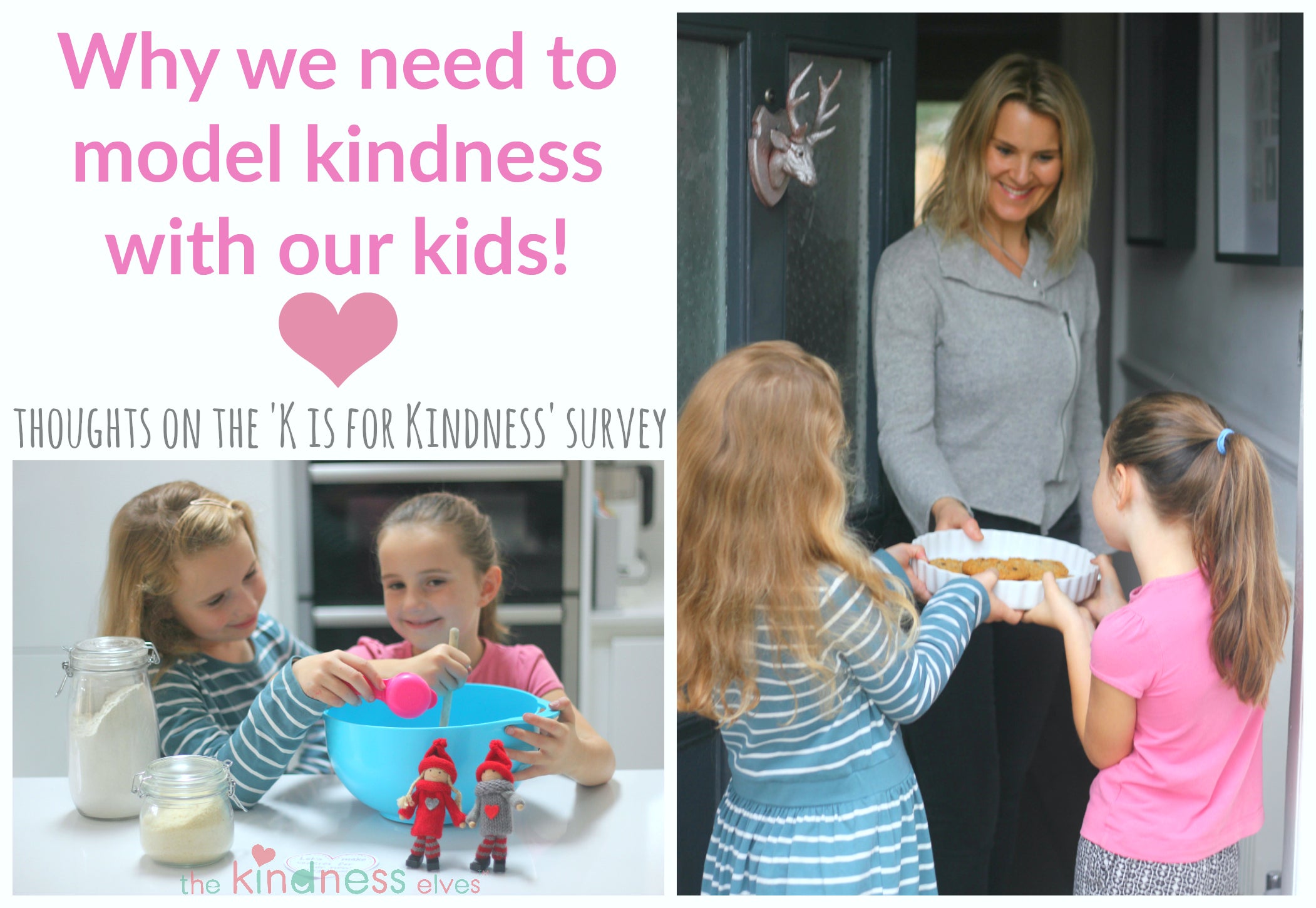
We’ve all seen the same news stories and articles as those which prompted the Sesame Street survey. Tales of bullying, violence in schools, and an uneasy sense that kindness towards others is taking a back seat to individual wants and needs. The Kindness Elves sprang from our belief that we could use this simple and magical concept to model empathy and thoughtfulness towards others. We were curious to see whether the survey results would support our assumptions.
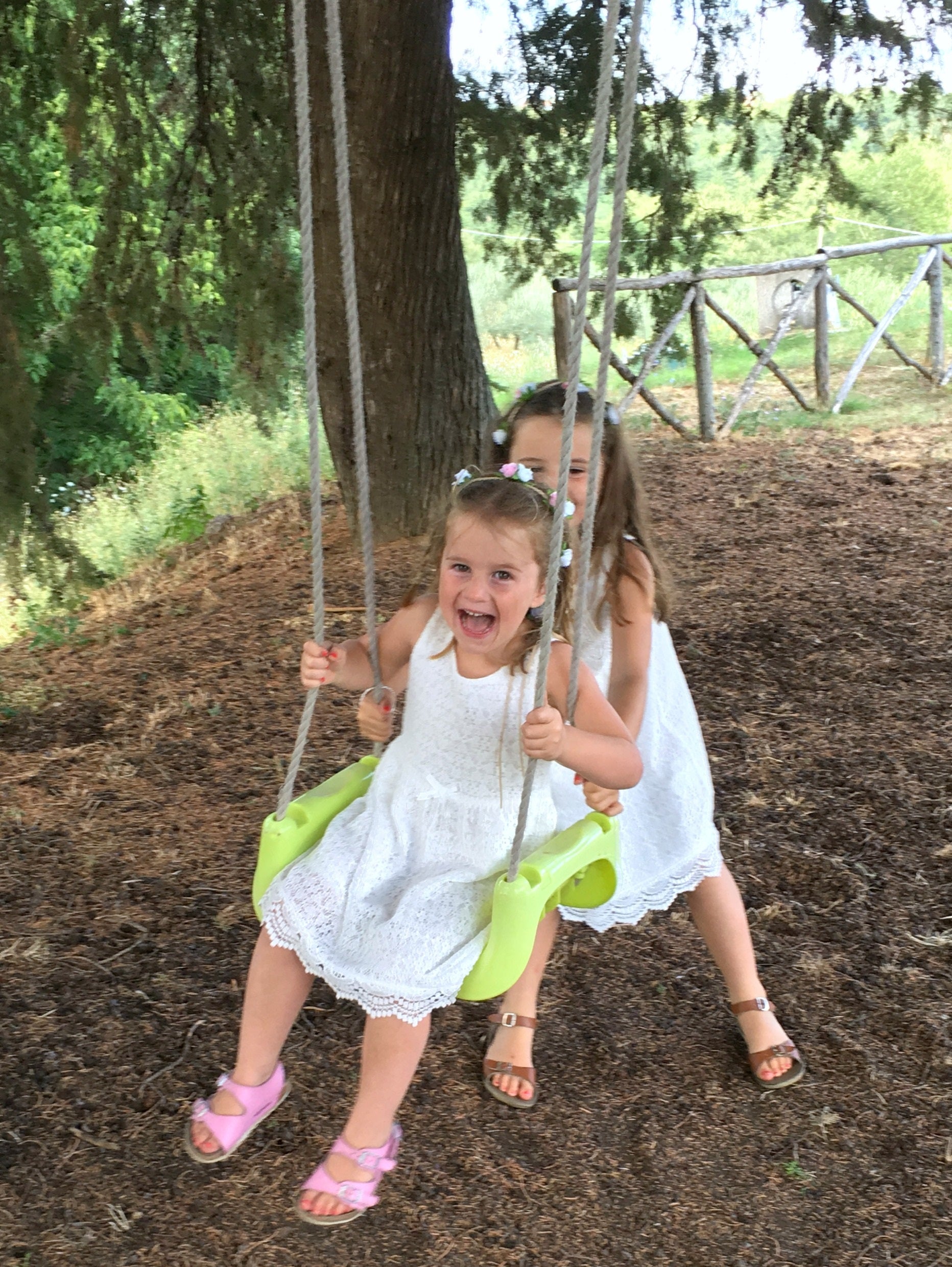
Over 2,000 parents were questioned by telephone, and their answers were complemented by those of 500 teachers who responded to an on-line survey. The focus was on children aged 3 to 12, targeting the same general cohort as the youngsters who enjoy interacting with the Kindness Elves.
"the survey found that the great majority of parents and teachers spend a lot of time worrying that the world is not a kind place for children"
The first thing the survey found is that the great majority of parents and teachers spend a lot of time worrying that the world is not a kind place for children. Certainly, no surprise there. We all worry that other children, or even adults and family members, will be mean to our kids. What was surprising, however, was the number of parents who didn’t think their own children were particularly nice. Kind, yes - but not “very kind”. In addition, less than half of them thought their children were either thoughtful or helpful.
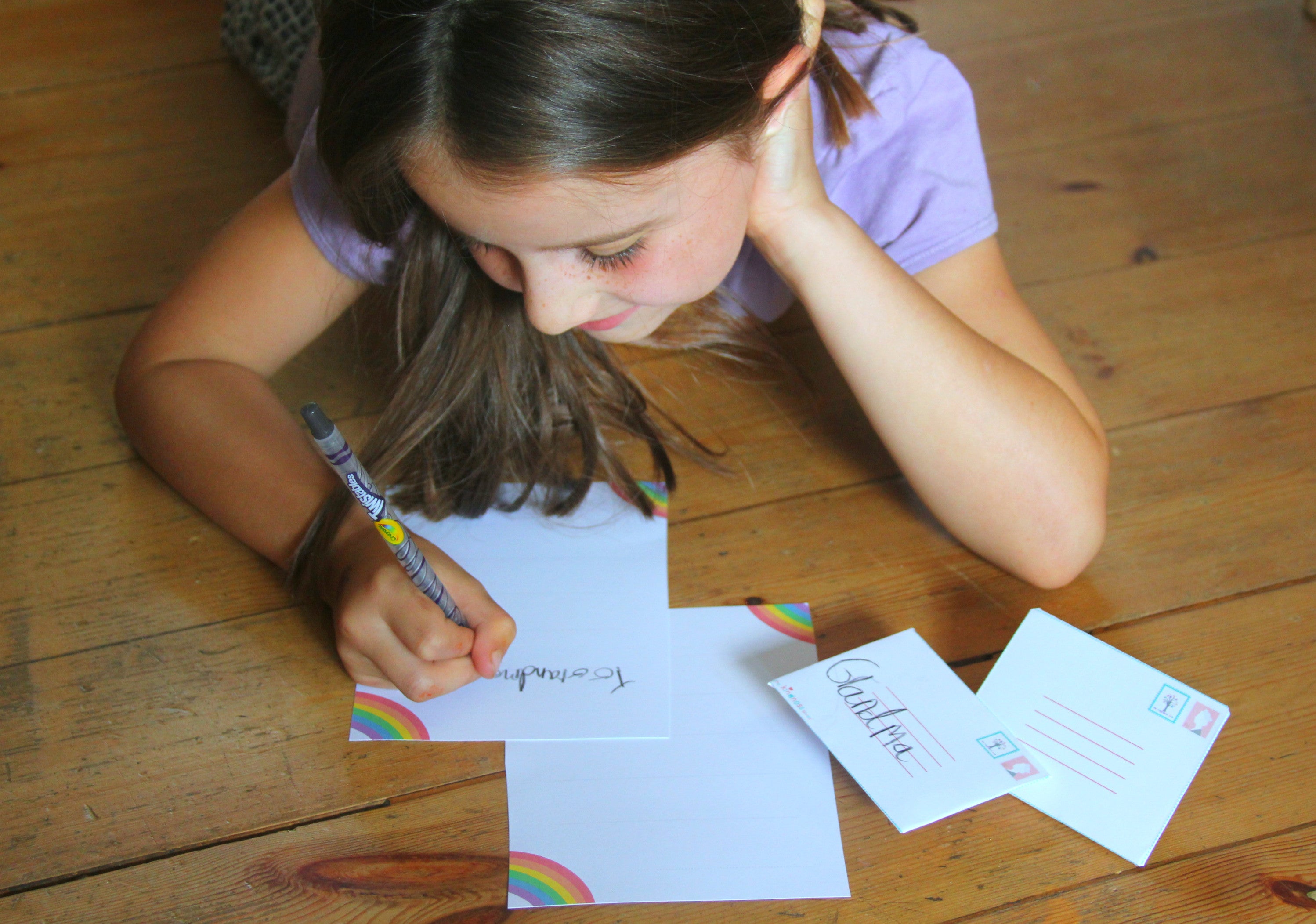
The teachers were a little more forgiving when it came to assessing their pupils, but they certainly didn’t go easy on the parents. Only a third of the teachers thought that parents were doing a good job of raising their children to be empathetic and kind.
"Both parents and teachers agree that being kind to others is more important than achieving good grades"
So what, exactly, is going on here? Both parents and teachers agree that being kind to others is more important than achieving good grades, yet children don’t seem to be putting that message into practice. In the end, the survey seems to lead right back to the initial question. Why aren’t people, and children in particular, being more kind to one another?
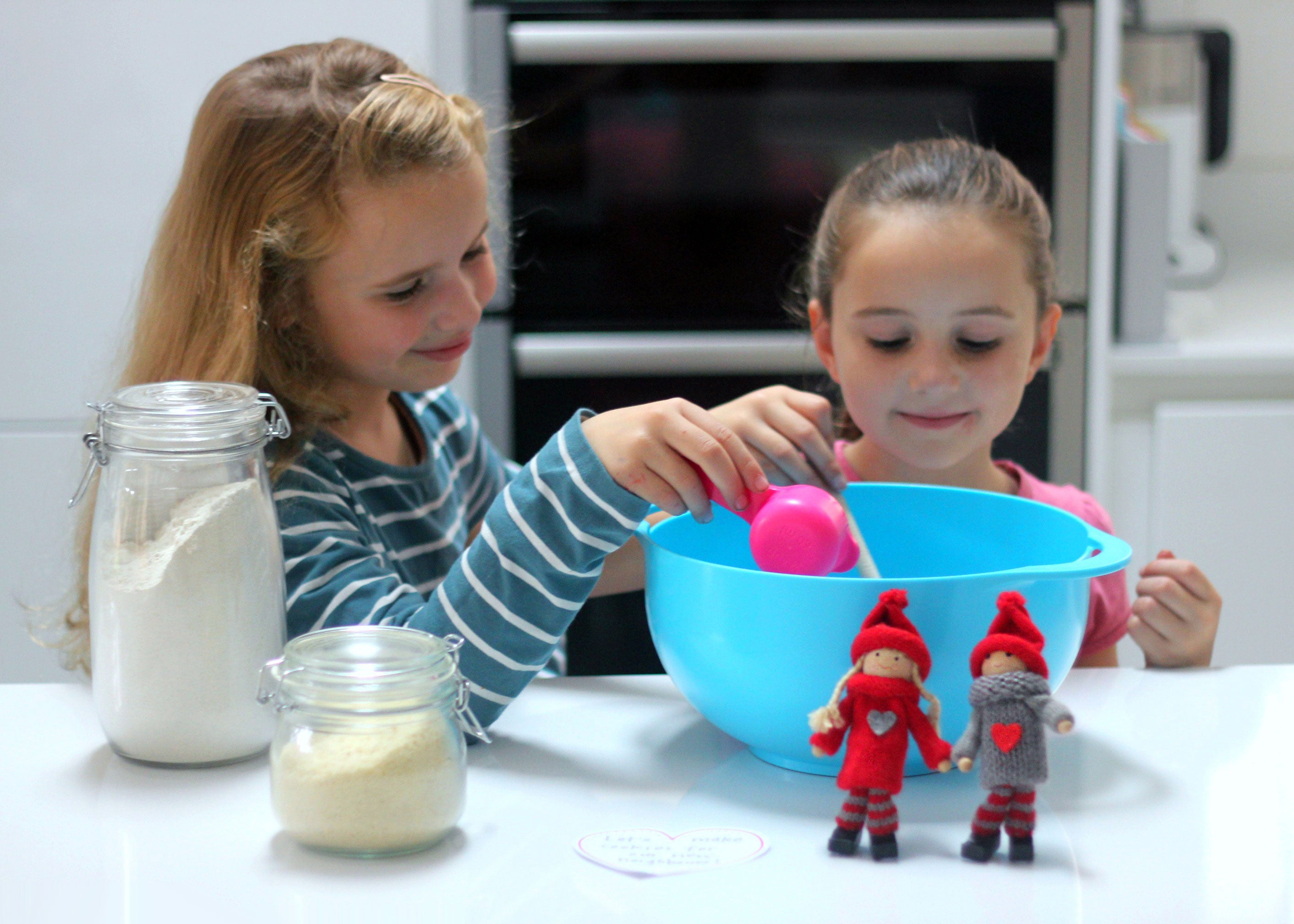
We think the answer may lie in an surfeit of talking and a lack of doing. Most parents surveyed indicated that they talk to their children at least a few times a week about being kind, but what does that really mean? Simply telling children to “play nice” or be kind to their friends may not be enough for them to truly grasp the concepts of selflessness and empathy.
"Which is, after all, why we make the Kindness Elves"
Which is, after all, why we make the Kindness Elves. They provide a means for parents and teachers to talk meaningfully with children about the importance of kindness, while actually engaged in doing a good deed for someone else.
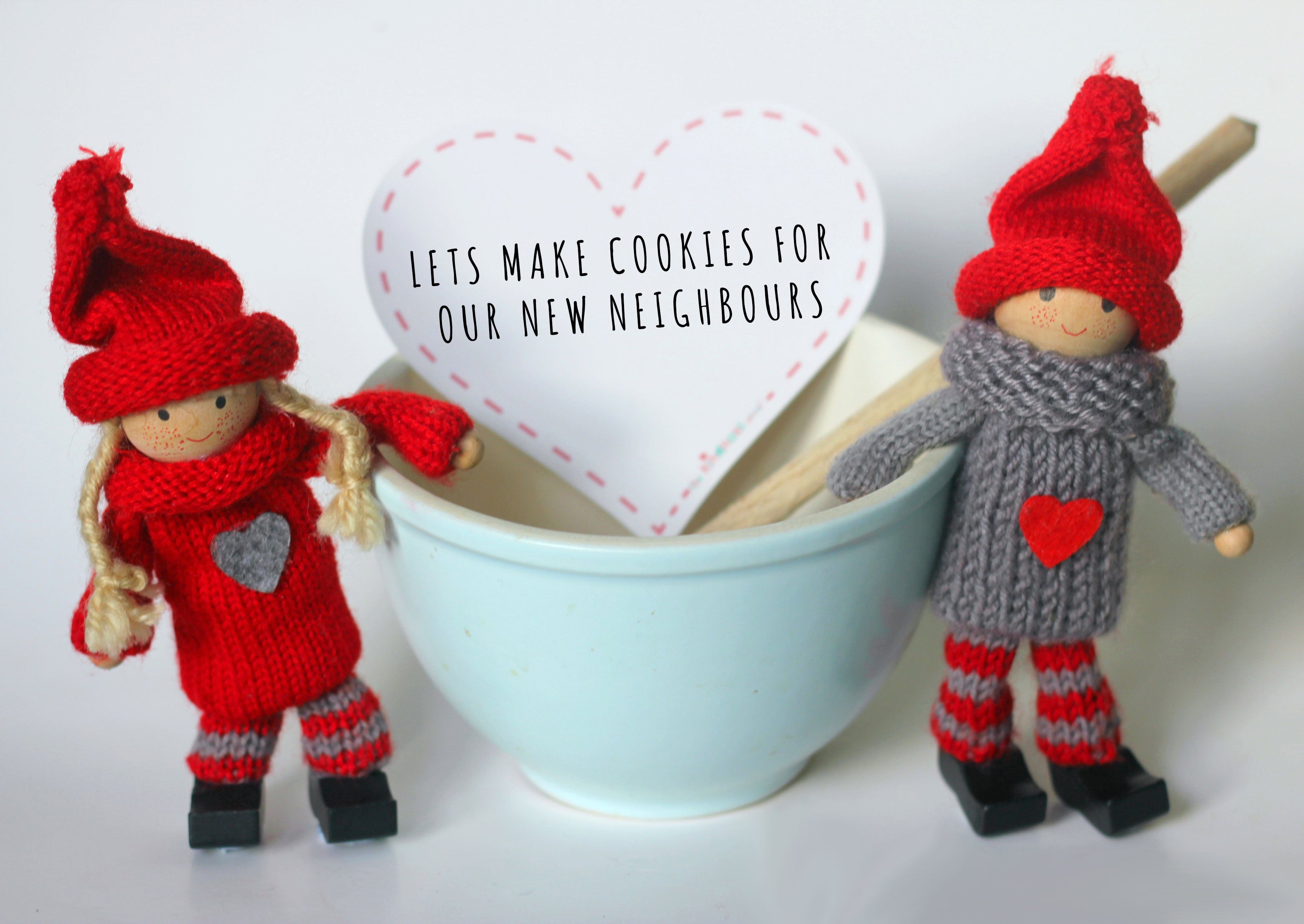
Many of the lessons we teach out children involve telling them not to do something. Being kind to the dog means not pulling its ears. Being kind to your sister means not teasing her. Yet a majority of the parents surveyed affirmed that we are all responsible not only for our own families, but for helping others as well. Surely that means active participation, not just showing restraint.
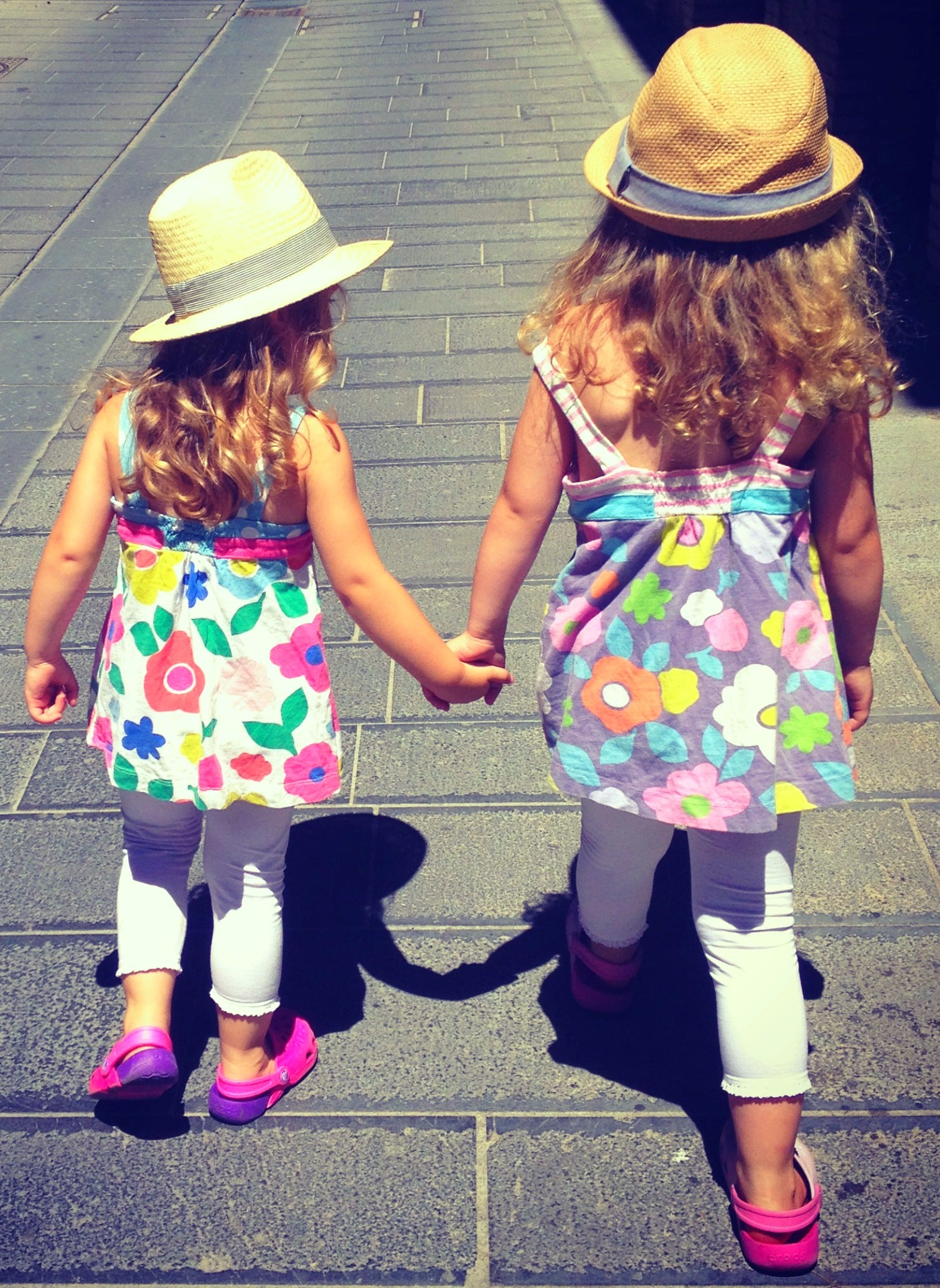
Introducing the Kindness Elves fills the gap identified by the Sesame Street survey results. It engages children in positive, thoughtful behaviour which necessarily makes them kinder people. How many more parents would assert that their children were “very kind” if they spent some time helping them take part in these simple acts of kindness?
"Parents and teachers... need help bridging the divide between intention and achievement"
The Sesame Street survey leads us to conclude that at least we’re on the right track. Parents and teachers want to nurture a more caring, kinder generation of children, but many need help in bridging the divide between intention and achievement.
We delight in believing that the Kindness Elves are a creative part of this important work. So here are some of the resources we've created for teaching empathy and kindness:
 |
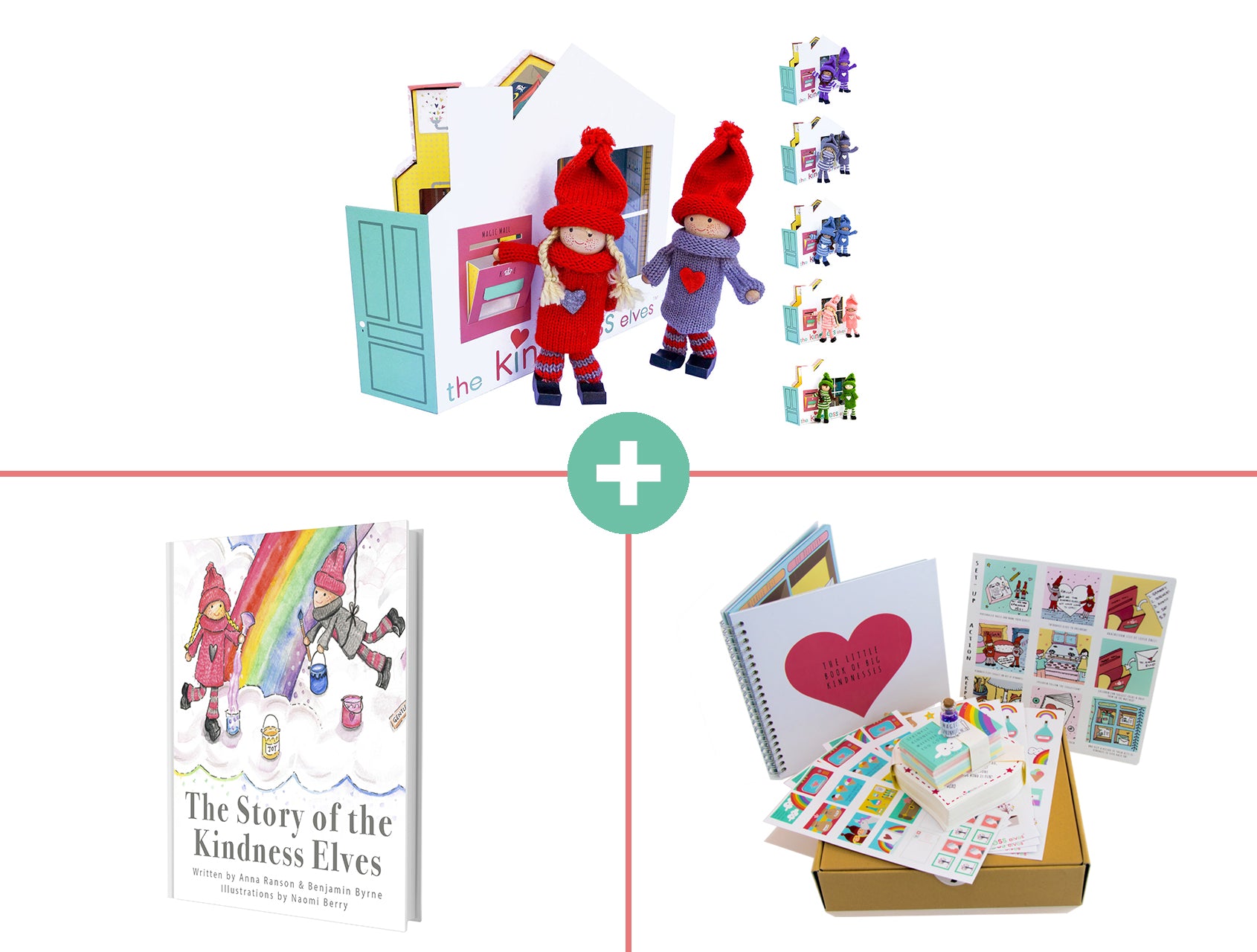 |
 |
| The Kindness ElvesTM Set | Family Bundle Pack | The Kindness ElvesTM Accessories Pack |
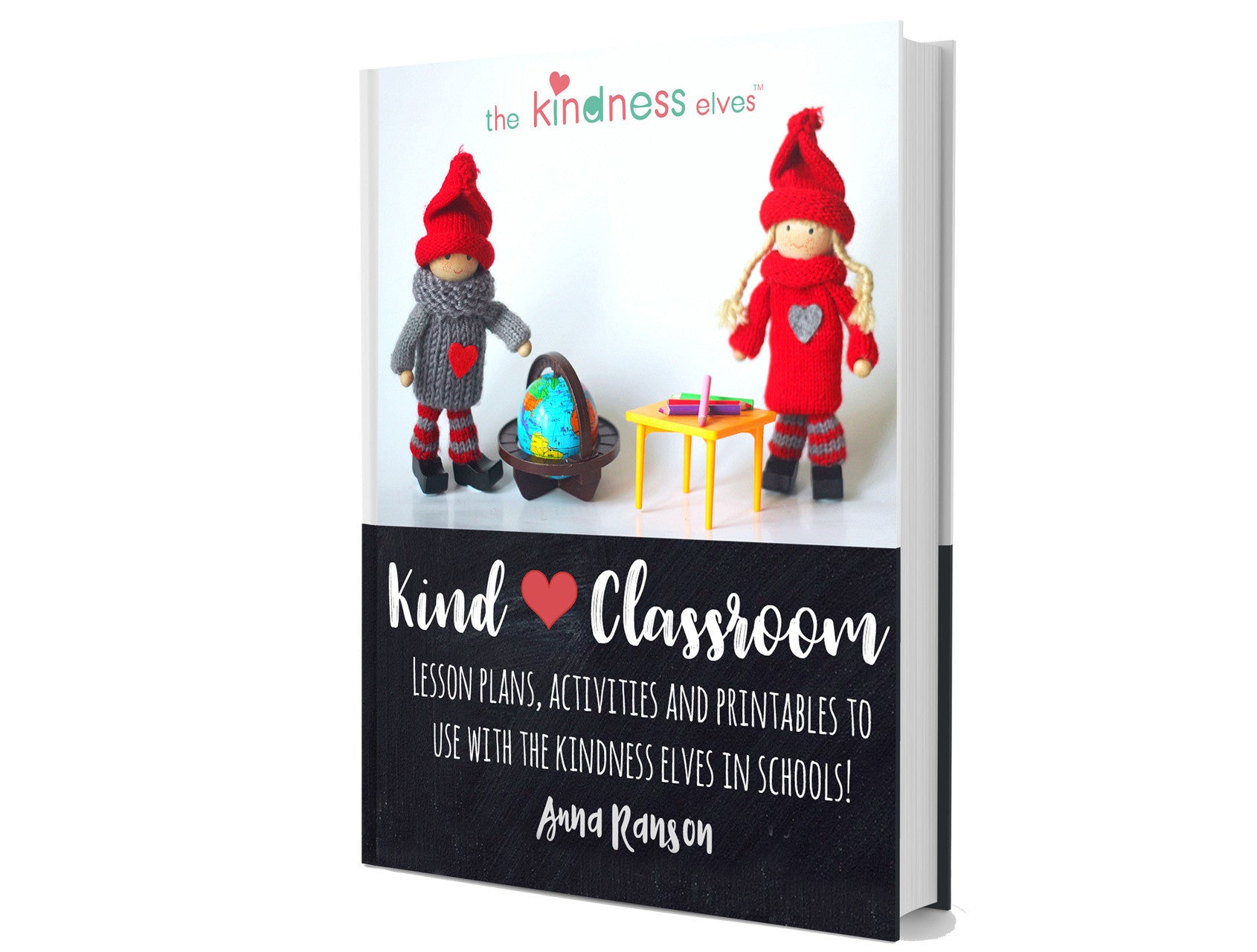 |
 |
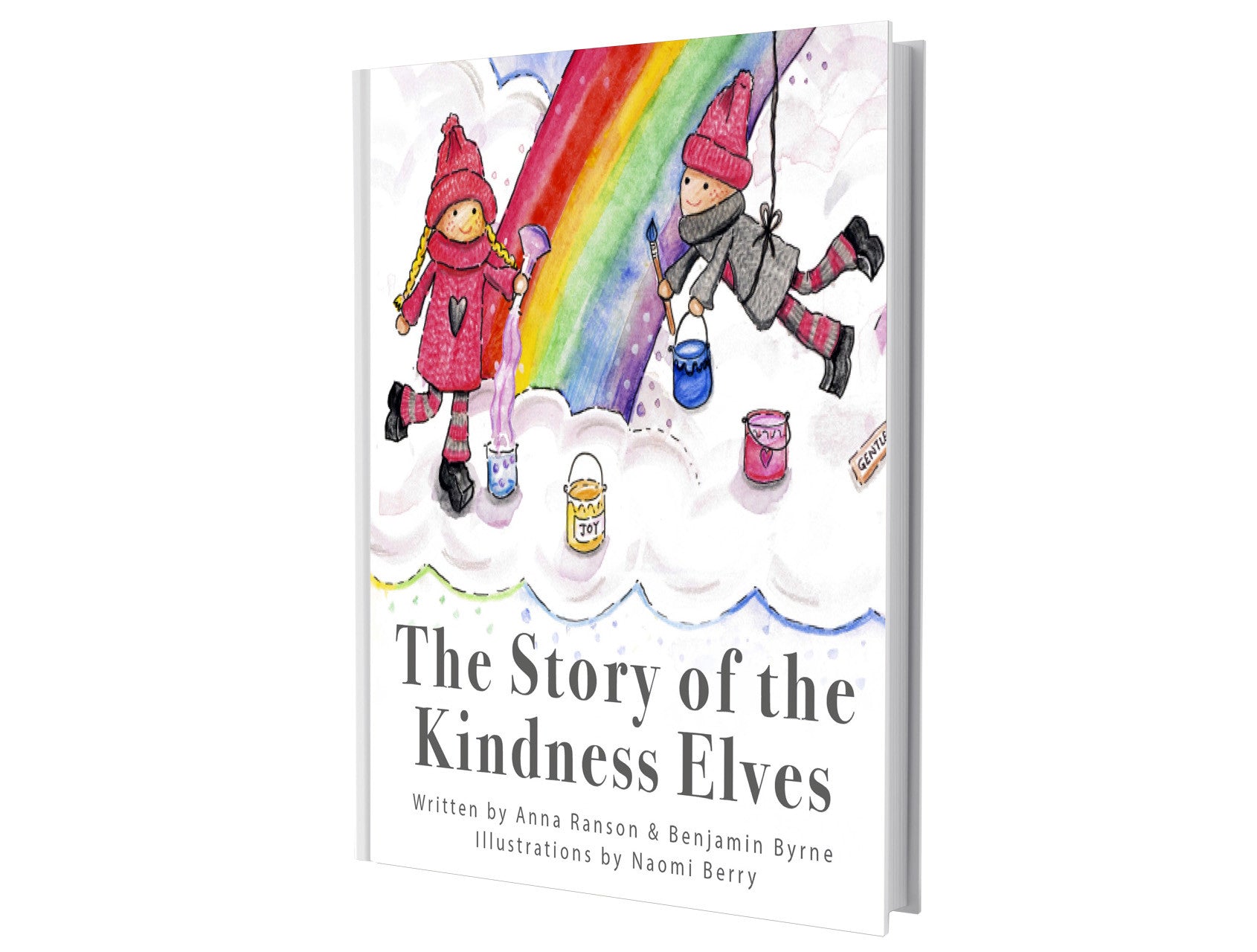 |
| Kind Classroom : A Teaching Resources e-pack | Classroom Bundle Pack | The Story of the Kindness Elves Book |
View Sesame Street’s ‘K is for Kind’ National Survey on kindness and kids
